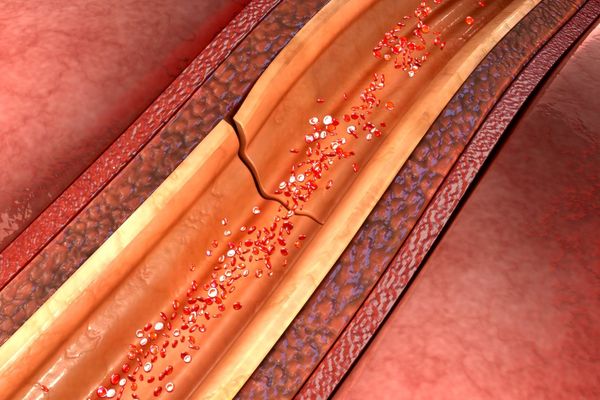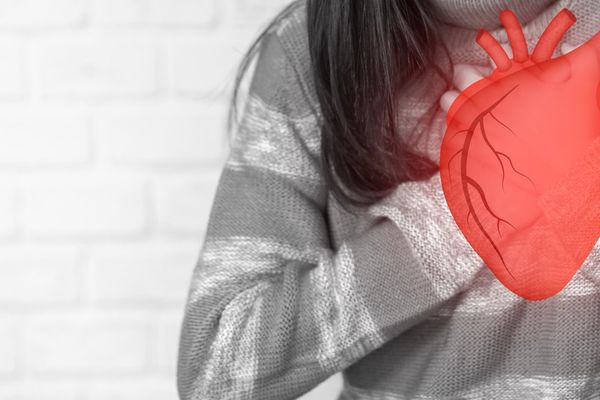The statistics can make your heart skip a beat: 1 in 3 women die from cardiovascular disease each year. And heart disease — a type of cardiovascular disease that affects the heart’s ability to function — is the No.1 cause of death for women in the United States.
Heart disease can lead to a heart attack, and although chest pain is the most common sign of a heart attack for both women and men, women often have different symptoms than men. For example, women may have pain/discomfort lower in the chest than men.
Early warning signs of a heart attack
Women are also more likely to experience signs of a heart attack not related to chest pain, such as:
- Shortness of breath
- Extreme fatigue
- Back pain in the upper back or abdomen
- Pain and/or discomfort in the neck or jaw
- Pain and/or discomfort in one or both arms
- Lightheadedness
- Nausea
- Sweating
Did I have a heart attack?
As scary as it sounds, it is possible to have a heart attack and not even know it. Silent heart attacks have no symptoms but still cause damage and scarring to the heart muscle. When there are symptoms, which can include fatigue and indigestion, they are often ignored or mistaken for anxiety.
It’s also important to note the difference between a heart attack and a stroke: A stroke interrupts blood flow to the brain, so symptoms such as dizziness, blurry vision, slurred speech, and numbness in the face and arm are classic signs of a stroke.
Risk factors for women
Overall risk factors such as obesity and high blood pressure contribute to heart disease in both men and women, but certain risk factors put women at higher risk for a heart attack:
- Diabetes
- Depression
- Stress
- Smoking
- Menopause
- Lack of exercise
- Family history of cardiovascular disease
- Lupus, rheumatoid arthritis and other inflammatory conditions
All women should be informed about their heart health, regardless of risk. Talk to your healthcare provider about ways to lower your risk for heart disease.
- Stroke vs. Heart Attack: Know the Signs & Symptoms ›
- My Heart Attack at 43 Was Terrifying. Then It Changed My Life for the Better. ›
- Heart Disease Is the Number One Cause of Death for Women ›
- I Never Felt Chest Pain, but I Had a Heart Attack ›
- How Women's Heart Attack Symptoms Are Different Than Men's ›
- What Is Heart Disease? - HealthyWomen ›
- 4 Reasons Women Should Learn About Coronary Artery Disease - HealthyWomen ›
- How to Stay Heart-Healthy After Menopause - HealthyWomen ›
- I Lived a Healthy Life, But I Had a Heart Attack - HealthyWomen ›
- What Worries Women About Their Heart Health? - HealthyWomen ›
- Depression After a Heart Attack - HealthyWomen ›
- Cardiac Arrest vs. Heart Attack - HealthyWomen ›
- Are You at Risk for Heart Disease? - HealthyWomen ›
- Causes of Chest Pain That Aren't a Heart Attack - HealthyWomen ›
- ¿Tienes riesgo de una enfermedad cardiaca? - HealthyWomen ›
- Is It Fatigue Or a Stroke? - HealthyWomen ›
- I Had a Heart Attack at Age 39 - HealthyWomen ›
- What Women Need to Know About Cardiovascular Disease - HealthyWomen ›






